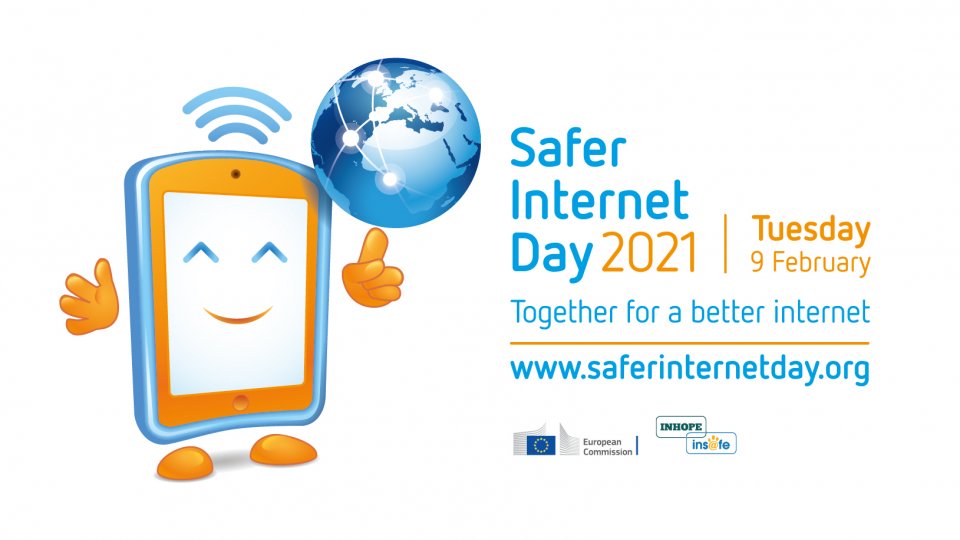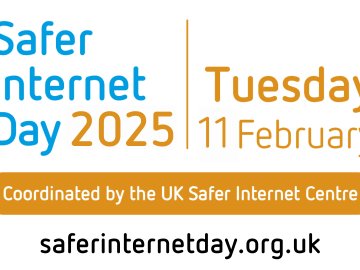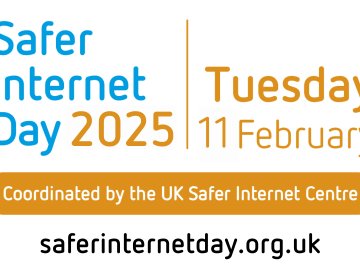Safer Internet Day 2021 celebrates the amazing range of information and opportunities online, and its potential to inform, connect and inspire us, whilst also looking at how young people can separate fact from fiction.
The campaign focuses on how we can decide what to trust online, supporting young people to question, challenge and change the online world for the better. It will explore how influence, persuasion and manipulation can impact young people’s decisions, opinions and what they share online.
The day will also look at the emotional impact navigating a misleading online world can have on young people and why it is important to create a supportive, critical and questioning culture online that encourages debate and discussion. We want to give young people the skills to support one another, and the strategies to spot and speak out against harmful and misleading content online.
The impact of Safer Internet Day
Each year Safer Internet Day is the biggest celebration of online safety in the UK, with 49% of UK children aged 8-17 hearing about the day in 2020, alongside 26% of UK parents and carers.
As a result of their celebration of Safer Internet Day:
- 77% of young people said they felt more confident about what to do if they were worried about something online.
- 78% said they know what to do if they, or someone they know, are targeted online because they are different in some way.
- 19% said they spoke to someone about something that had been worrying them online.
Safer Internet Day is a global celebration in 170+ countries, and for 2021 everyone will be celebrating and coming ’together for a better internet’.
Why is this theme important to young people?
In order to decide on a theme that was important to young people UKSIC spoke to them about the types of content they see online and found fake news and inaccurate content to come up often. Young people said they saw:
- ‘I see alot of Fake News content, alot of fake celebrity gossip, fake gossip (general)’
- ‘Adverts on webpages showing celebrities with extreme weight loss transformations and stuff like that.’
- ‘Adverts and pop ups or even occaisionally strangers messages and such.’
- ‘Ppl on tiktok making up news, conspiracy theories…’
Through Safer Internet Day 2021 we will look at why inaccurate content exists, where it comes from, and what young people can do in response.
We know that the issues of misinformation and ‘fake news’ do not solely affect young people, but that these issues do have a great impact on how young people feel about their time online.
We want to help equip young people with the skills they need to spot inaccurate content, which can sometimes be a complex task. Once young people feel more comfortable separating fact from fiction it is important that we then help them to take the next steps in helping to create an internet full of trustworthy and reliable information.
The online world is a great source of information for young people and adults alike, and opportunities to research, learn new facts or skills, and even broaden viewpoints are extremely important to all internet users. The internet is also an important way for young people to build positive relationships - to play, interact and share their lives with their peers. As they navigate these social spaces, they are constantly making decisions about who and what to trust online in the context of playing games together and socialising online. Safer Internet Day gives young people the chance to build the skills they need to be able to make the best decisions as they navigate an online world where everything is not always as it seems.
We invite everyone to join us, and Safer Internet Day supporters across the globe, to help create a better internet on Tuesday, 9th February 2021 and throughout the whole year.






